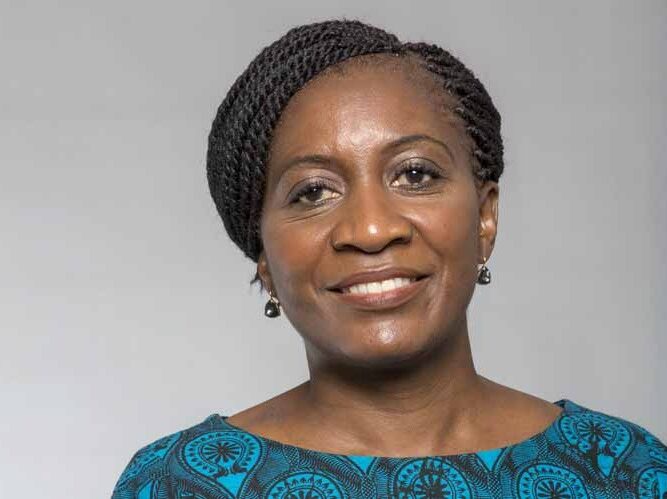
BY FIDELITY MHLANGA THE African Development Bank (AfDB) is set to unveil the Zimbabwe Fund for Transition (ZimFort) that will provide funding towards ICT, transport and agriculture sectors.
ZimFort is a successor programme to the regional bank’s ZimFund, which has been running in the country for the past 10 years.
It is ending in June this year.
Despite the failure by Zimbabwe to clear its debt with AfDB, which currently stands at US$716 million, the bank reopened its office in the country in 2010 and has been working in the area of water and sanitation and energy through the ZimFund programme.
AfDB supports 15 initiatives valued at US$176 million in the country.
These include the rehabilitation of infrastructure in the energy, water and sanitation sectors, financed through resources from the ZimFund.
AfDB Zimbabwe country manager Moono Mupotola confirmed the funding facility but declined to reveal the amount involved.
“For us, ZimFund has done a tremendous job and had a very big impact on the ground,” Mupotola said.
- Chamisa under fire over US$120K donation
- Mavhunga puts DeMbare into Chibuku quarterfinals
- Pension funds bet on Cabora Bassa oilfields
- Councils defy govt fire tender directive
Keep Reading
“The ZimFund comes to an end in June, so it has run its course. We are thinking of looking at a second facility. We would call this Zimbabwe Fund for Transition (ZimFort).
“It is a vehicle that we look to work with the private sector. Once it is up and running we think it will make a tremendous difference and we will be expanding it to ICT, transport and agriculture.”
Mupotola said more details of the funding mechanisms would be availed soon.
“Part of what we are going to do with the new vehicle is to support green energy. Like I said, everything is still in its early stages. The details are still being looked at. Once it’s ready we will share about it.”
ZimFund has provided support in water, sanitation and energy sectors in the country’s major cities including Harare, Chitungwiza, Mutare, Gweru and Bulawayo.
“There are some projects in Chitungwiza, which in total has received about US$12,5 million just on the water and sanitation side. I think last year we provided an additional US$1,2 million in water and sanitation,” Mupotola said.
“All these are grants. What we are trying to do is to look at the sanitation situation in certain parts of Chitungwiza and enable the waste to go through proper sanitation processes. So that we do not have the challenges residents in Chitungwiza has been having for long.”
The Abidjan-headquartered regional bank has been supporting the private sector through lines of credit.
“We have been assisting the private sector. We poured in US$50 million last year and in 2022 we are also planning to pour another US$50 million. Our focus is we are a wholesaler. We do not go down to the informal sector. What we do as a wholesale bank is we lend to banks and they on lend to the private sector,” Mupotola said.
“For instance in 2018, we provided a line of credit to CABS and they paid it back. So they are our good customers so to speak. So they paid on time, they might need a repeat of more funding from us.”
- Follow us on Twitter @NewsDayZimbabwe






